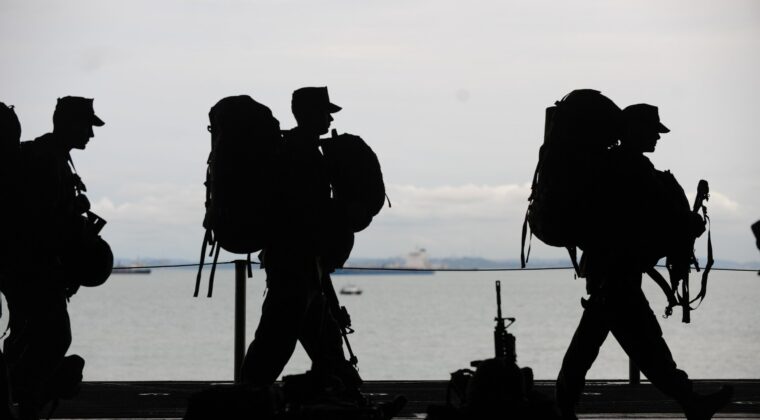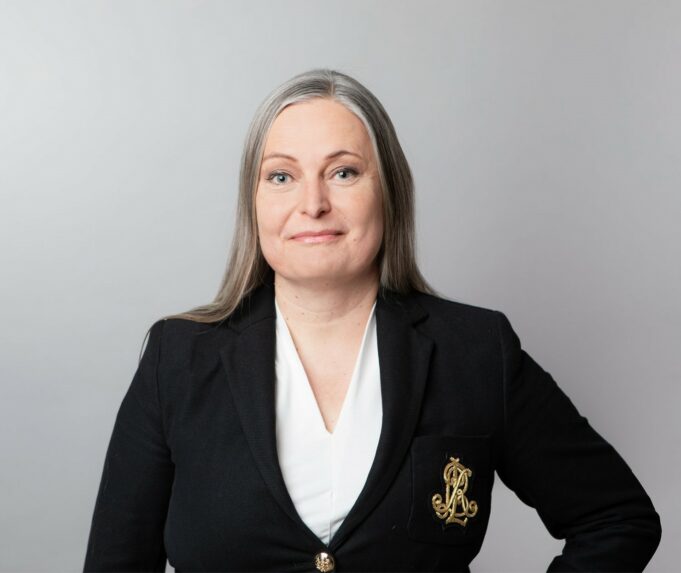
Membership in NATO marks a fundamental shift in Finland’s long-term security policy of military non-alignment. Once a neutral, small state in northern periphery, Finland has endured with the dilemma of survival. Now, as the 31st member of the alliance, Finland is in a much better and safer position than ever before during its independence.
Membership in the Euro-Atlantic alliance, however, will not change Finland’s geopolitical reality of being a frontier state. Rather it emphasizes it. As a NATO member, Finland not only defends its own territory with the longest Eastern border of the transatlantic community but is in a geopolitically significant nodal point.
In Finland, an increasing focus should now be geared towards analysing the two important geostrategic areas, the Arctic and the Baltic Sea region. To this end, the Arctic’s role in NATO’s collective deterrence and defence and Finland’s role within it, should be further discussed. Similarly, the Baltic Sea bears a tremendous geopolitical and geoeconomic significance for the region.
Finland must now fully integrate with NATO’s new defence plans and capability requirements, as well as actively engage on all levels in NATO’s peace-time activities: whether it is hosting NATO-led forces or allied nations’ own troops in Finland or participating in different types of military exercises in all domains.
And this is just not to reassure the other allied countries that we can do our job. It is to communicate to Russia and all other potential adversaries that the newest NATO frontier state takes collective defence seriously.
Furthermore, being an active NATO member comes with the realization that Finland’s new frontier extends beyond our national territory: Finland will and is expected to contribute to wider security in the region, such as Baltic countries’ air-policing missions or troops in NATO’s New Force Model.
This means reflecting on the true significance of collective defence and deterrence, a term that is new to our national security vocabulary. Essentially, it means defending those fundamental values of liberal democracy, human rights, and rules-based international order, that deeply divide us from our next-door eastern neighbour.
During the most intense NATO membership debate in 2022, a message from Finland as a security provider, not a burden, was sent to the rest of the world. Now it is time to deliver, to demonstrate how we can build security in the wider transatlantic community.
Finland is not to perform this task alone. By deepening and strengthening ties with our closest allies, Sweden, the Nordic and the Baltic countries, and the United States, our collective defence is made most credible. The defence agreement (DCA) with the United States serves as a good example, how bilateral relationships can improve our national security.
Further steps are now to be taken in building a unified Nordic approach in NATO, in which Finland, as NATO’s newest frontier state should play a major role.
The writer is Dr Iro Särkkä, Senior Research Fellow, Finnish Institute of International Affairs.

